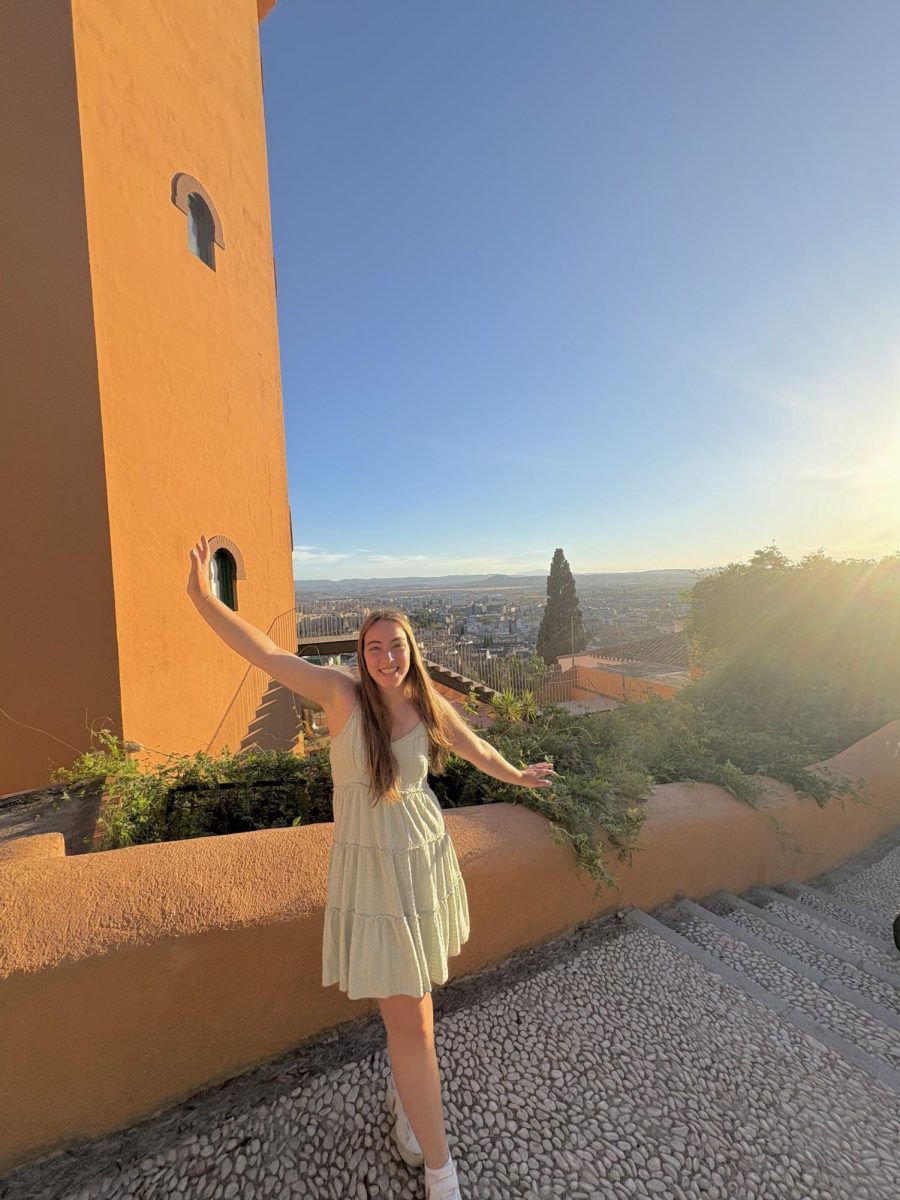With the advancing semester, exams, papers and projects begin piling up and time becomes pinched. As the air in Milliken Science Center thickens with coffee and cortisol, sleep seems more and more of a luxury. Good sleep, however, is a necessity.
“People who are sleep deprived and who are not getting enough quality sleep have impaired cognitive functioning…testing people in driving situations, people who have been deprived of sleep function similarly to people who are intoxicated in driving situations,” says Wellness Center Counselor Perry Henson. “Imagine taking a test while intoxicated, [it] would be similar to taking a test while sleep deprived.”
For many, an attempt to get enough sleep means getting extra sleep on the weekend. This, however, has limited efficacy.
Henson says, “You can’t make up sleep you missed during the week.”
For many students, attempts at making up sleep are further affected by alcohol or marijuana consumption.
“What happens…is that alcohol and marijuana are depressants, and so they depress our body systems, they slow our heart rate and slow our functioning. But when that starts to wear off, when they start to leave our system, our bodies go into a rebound. Our systems kind of take over and can start heart racing and mind racing and almost have a beach ball effect,” says Henson.
This effect can significantly decrease the quality of sleep.
“Impaired sleep, meaning sleep while under the influence of substance, is not quality sleep,”
For some, it is simply difficult to fall asleep at night. Sometimes this is because of outside noise, be it from roommates, noisy revelers or creaky air conditioning units.
Henson says, “There’s…ambient music, or even better, white noise… as far as sound goes those are really good things to do.”
Music with discernible melody or patterns, however, can have a contrary effect.
Henson says, “Any kind of music, even if it’s calm soothing music, gives your brain something to latch onto, it’s still stimulating your brainwaves.”
Light is another influence on sleep quality.
Henson says, “Anything on the blue spectrum activates our brainwaves even with our eyes closed.”
Sometimes, racing thoughts prevent relaxation and sleep.
Henson says, “The biggest thing I hear from students is that it’s hard to turn their brain off at night when they lie down to go to sleep.”
This can be a result of habitual use of the bed for things other than sleep.
Wellness Center Nurse Lisa Lefebvre says, “Don’t study in bed. Do that somewhere else so your body does not associate your bed with studying but with sleep.”
Other times, it is more difficult to determine what is making sleep difficult. Fortunately, there are a number of other solutions.
Lefebvre says, “When dealing with sleep problems, there are several things that a person should try before using medications…including trying to make sure your sleep schedule is similar from one day to the next…exercise but not too close to bedtime.”
A consistent mini routine before bed can ready the body for sleep.
“Even something as simple as brushing your teeth and turning off the light in the same order,” says Henson. “If you do a small amount of things in the same order before you go to sleep, it gives your body a signal that it’s time to start shutting down and going to sleep.”
Other solutions include sleeping aids and sleeping apps.
“Most common are some herbal medications that include melatonin and tryptophan…they are naturally occurring chemicals in our body that assist with helping all of us to sleep,” says Lefebvre. “Another common medication is Diphenhydramine, which is in many of the over the counter sleeping aids.”
Sleeping apps include such apps as Deep Sleep and Relax Plus, which provide guided relaxation.
Henson says, “[The voice is] something for your brain to latch on to that’s actually telling it how to relax and calm down. Most students that I recommend it to find it extremely helpful.”
For those who still cannot sleep, or simply prefer to talk to a person for a solution, the Wellness Center is an additional resource.
Henson says, “We have wonderful nurses and counselors. If people are trying these things and are still having difficulty getting enough sleep, we have lots of resources that can be helpful on our campus.


























